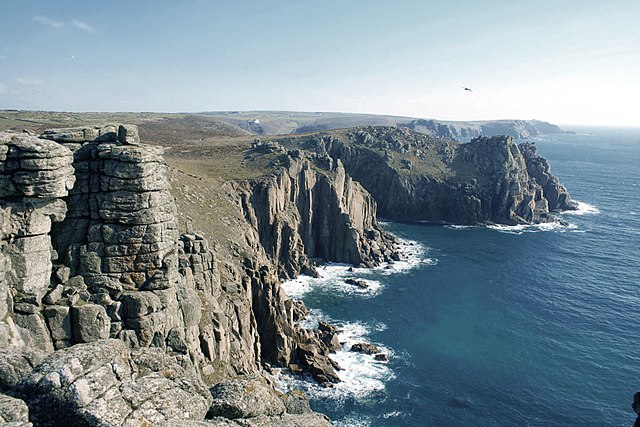Cornish nationalism is a cultural, political and social movement that seeks the recognition of Cornwall – the south-westernmost part of the island of Great Britain – as a nation distinct from England. It is usually based on three general arguments:that Cornwall has a Celtic cultural identity separate from that of England, and that the Cornish people have a national, civic or ethnic identity separate from that of English people;
that Cornwall should be granted a degree of devolution or autonomy, usually in the form of a Cornish national assembly;
and that Cornwall is legally a territorial and constitutional Duchy with the right to veto Westminster legislation, not merely a county of England, and has never been formally incorporated into England via an Act of Union.
St Piran's Day is an annual patronal Cornish festival celebrating Cornish culture and history every 5 March
At the time of King Canute, Cornwall fell outside his British realms.
monument supporting Cornish identity
Cornwall has had its own gorsedd, Gorseth Kernow, since 1928
Cornwall is a ceremonial county in South West England. It is recognised by Cornish and Celtic political groups as one of the Celtic nations, and is the homeland of the Cornish people. The county is bordered by the Atlantic Ocean to the north and west, Devon to the east, and the English Channel to the south. The largest settlement is Falmouth, and the county town is the city of Truro.
Image: The stamps and whim engine house at Wheal Coates geograph.org.uk 1476958
Image: St Michael's Mount View
Image: A walk on Bodmin Moor, Cornwall (3), 30 Sept. 2010 Flickr Phillip C
Cliffs at Land's End








